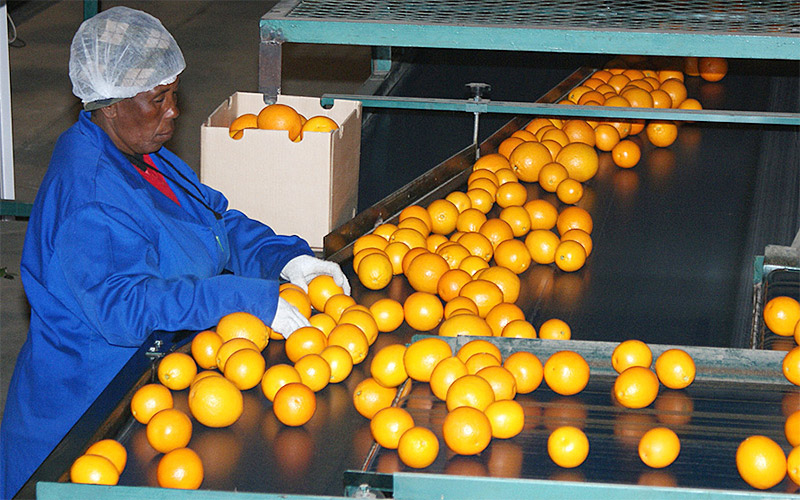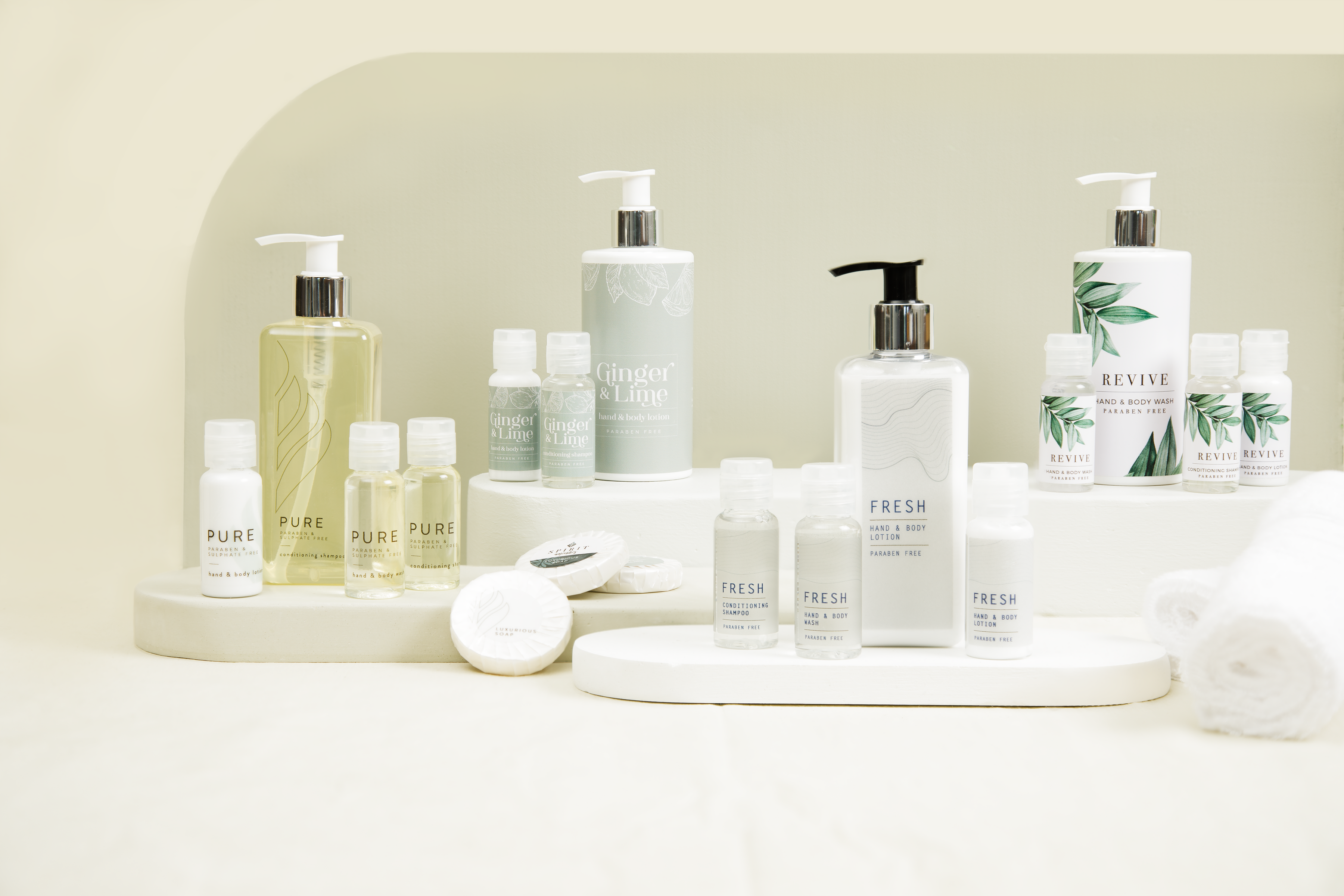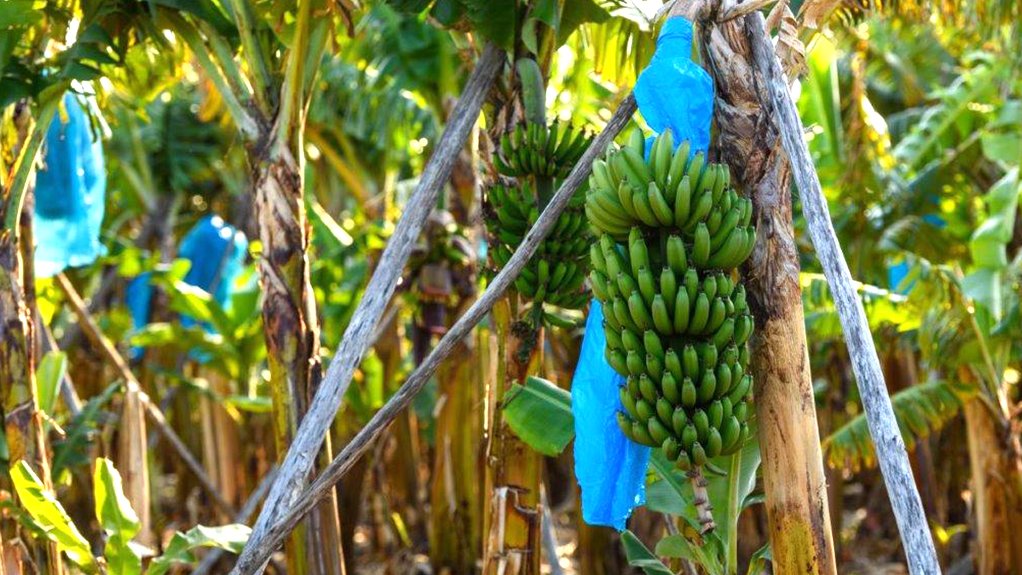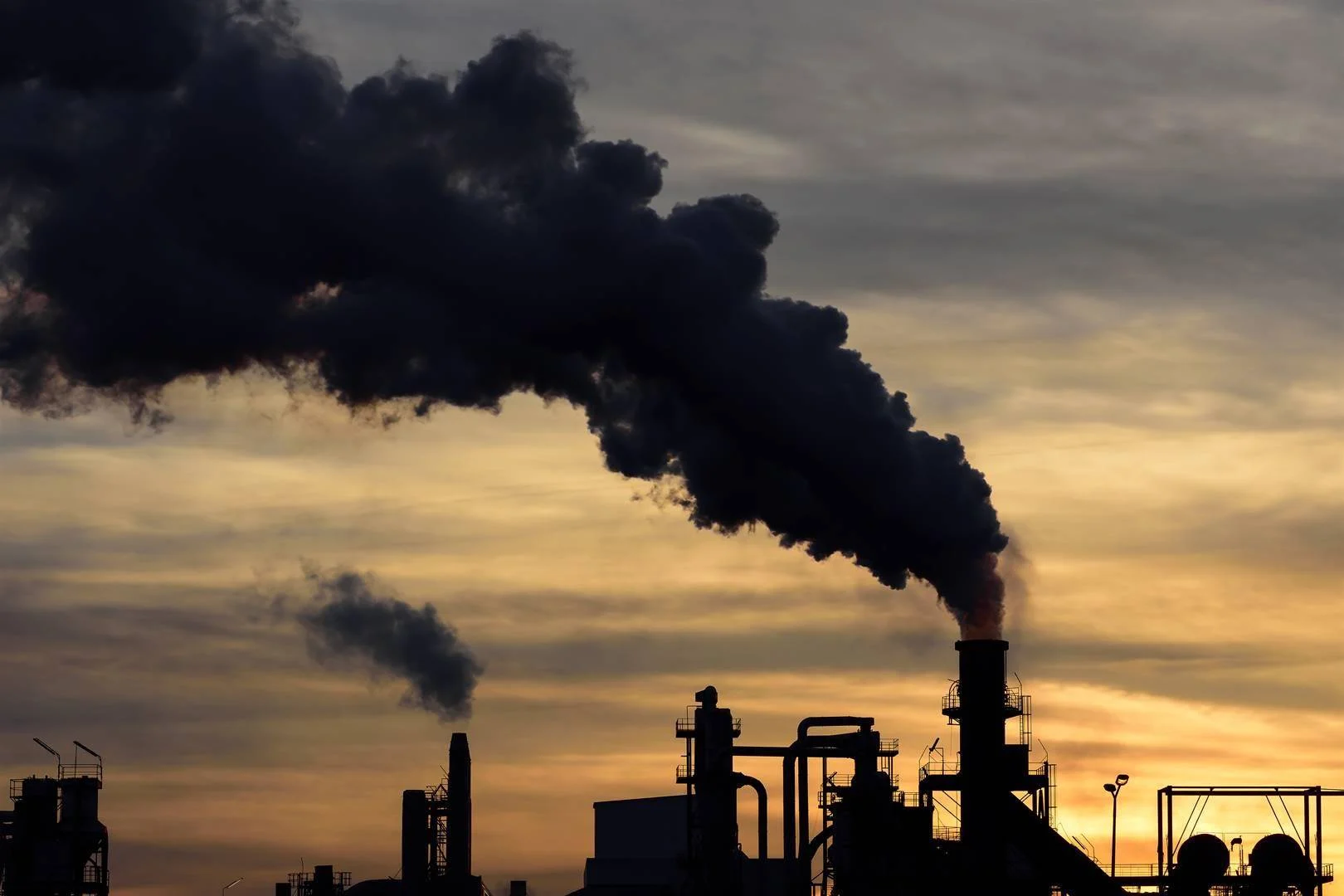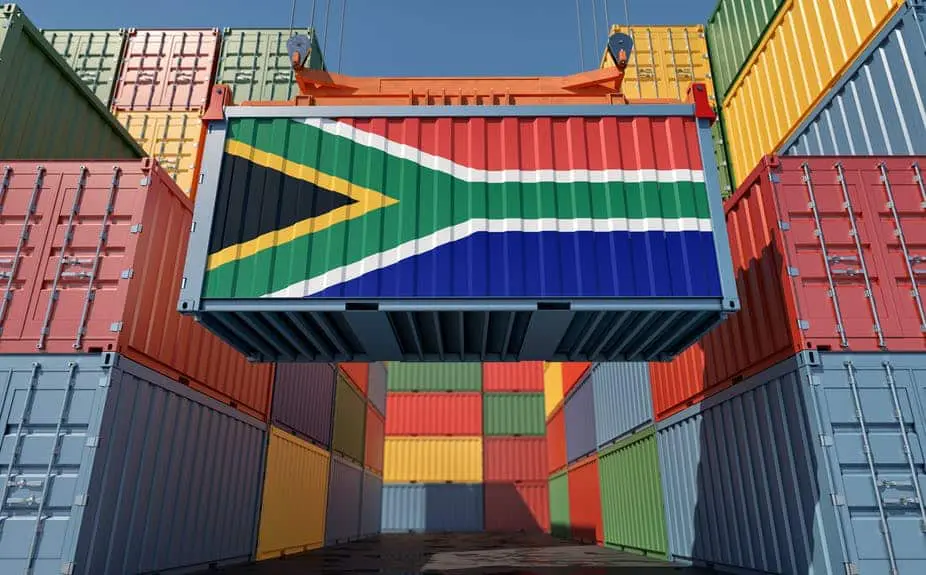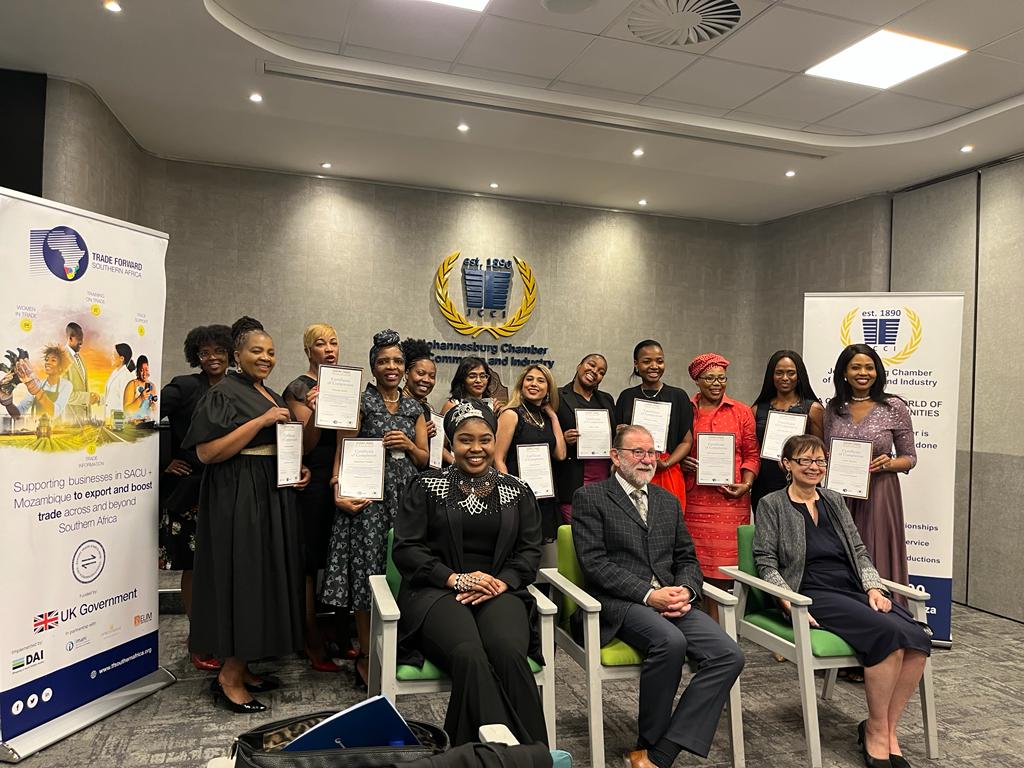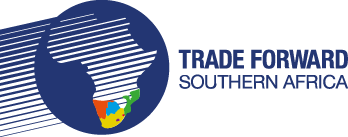The clearance of hundreds of containers of southern African oranges that are already being shipped is uncertain due to “unjustified, scientifically flawed, unnecessary and disproportionate” EU regulatory measures, the Citrus Growers Association (CGA) warned on Friday.
CGA chief executive Justin Chadwick said in his weekly newsletter that the EU Directorate-General for Health and Food Safety (DG Sante) expected South Africa to have implemented these measures on the False Codling Moth (FCM) risk management system before the South African National Plant Protection Organisation, under the Department Agriculture Land Reform and Rural Development (Dalrrd), had even received official notice of the new measures.
Chadwick said in his newsletter that in DG Sante’s correspondence they stated that Dalrdd “should have known what was coming”.
“We are unsure if southern Africa should have known due to the Minister of Agriculture in Spain tweeting about his political victory (he was tweeting even before the votes had been counted); or whether Dalrrd is meant to have a crystal ball that allows them to know DG Sante’s changed measures before they publish them,” Chadwick said.
He said that this charade was becoming ridiculous and threatened the clearance of hundreds of containers of southern African oranges that were already on the water.
“Surely this is no way to treat a trading partner of over 100 years, and surely this is not how the International Plant Protection Convention dictates that new measures are informed and implemented. This is not a risk that requires emergency measures – indeed if it was, one would expect stronger measures against those with significantly greater interceptions over the past three years.
“Have some sympathy for Eswatini (formerly Swaziland) – in 2020 and 2021 they had zero interceptions (nil, nada, none) – and yet these ridiculous new measures have also been thrust onto their orange exports to EU,” he said.
According to the US Department of Agriculture’s (Usda’s) annual citrus report released in December, the area planted with oranges was forecast to grow by 2 percent to 47 000ha in 2021/22, from 46 000ha in 2020/21, based on the increase in area planted with seedless orange varieties and late maturing varieties.
This rise would be partially offset by the industry shift from orange production to soft citrus in the Western Cape and Limpopo growing regions.
Citrus in South Africa is grown across the country, mainly in Limpopo, the Eastern Cape, Western Cape, Mpumalanga, KwaZulu- Natal, Northern Cape, and North West provinces.
An estimated total of 98 700ha was planted with citrus products in South Africa last year, a 5 percent increase from 94 329ha in 2020. This growth trend was forecast to continue in 2022 to 101 500ha, based on the significant investments and aggressive new plantings of soft citrus, lemons, and new varieties of oranges.
While oranges were the biggest citrus type produced in South Africa, accounting for 48 percent of the total citrus area planted, there has been notable growth in the soft citrus and lemon/lime area, which now account for 25 percent and 19 percent respectively.
Chadwick said this was a sad day for science and he was sure all real scientists around the world must be watching this charade unfold with a lot of concern as the measures were now published with no regard to technical justification and based purely on political protectionism.
Usda said South Africa still faced challenges in the EU market as a result of the stringent citrus black spot (CBS) requirements, and normally voluntarily suspended citrus exports to the EU every season to avoid any further interceptions of fruit with CBS.
For example, in October 2017, it said South Africa voluntarily suspended citrus exports to the EU, as a precaution and risk mitigation measure to prevent a ban on citrus exports to the EU.
Complying with the EU requirements for CBS costs the industry a lot of money, constrains the already limited government capacity and the scientific basis for these measures has been questioned. In addition, Argentina and Uruguay were reported to have higher CBS interceptions than South Africa.
South Africa considers these EU measures an unnecessary technical trade barrier and the Dalrrd had publicly indicated the internal process of lodging a World Trade Organization dispute.
Source article: IOL
